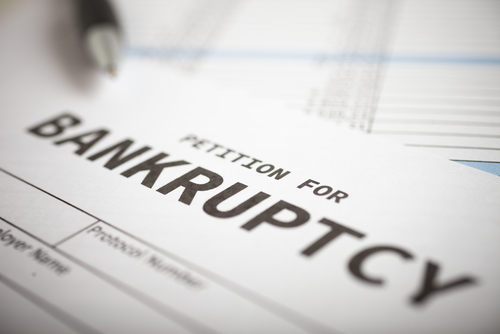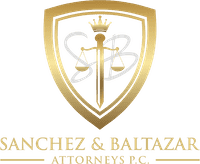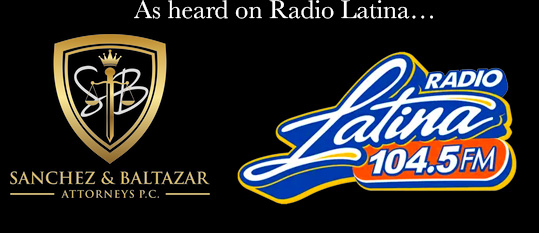Filing for bankruptcy can eliminate rental debt obligations, providing a fresh start for renters who have fallen behind on payments. When a renter files for bankruptcy, the automatic stay immediately halts all eviction proceedings. This gives the tenant time to catch up on missed payments or work out a payment plan with the landlord. Bankruptcy also dischargeable rental debt obligations, which means the tenant will no longer be liable for any unpaid rent.
If you are a renter who is struggling to make ends meet, filing for bankruptcy may be the best solution for you. An experienced bankruptcy attorney can help you determine if bankruptcy is right for your situation and guide you through the process.

What Does Bankruptcy Mean?
Bankruptcy is a legal process that helps debtors eliminate their debts and get a fresh start. When a person or business files for bankruptcy, the court appoints a trustee to oversee the case. The trustee is responsible for liquidating the debtor’s assets and distributing the proceeds to creditors.
How Does Bankruptcy Work?
There are two types of bankruptcy: Chapter 7 and Chapter 13.
Chapter 7 bankruptcy is also known as a liquidation bankruptcy. In a Chapter 7 bankruptcy, the trustee sells the debtor’s assets to pay off creditors. Most people who file for Chapter 7 bankruptcy discharge their debts and are no longer liable for them.
Chapter 13 bankruptcy is also known as a reorganization bankruptcy. In a Chapter 13 bankruptcy, the debtor creates a repayment plan to pay off their debts over time. The repayment plan is typically for three to five years and is based on the debtor’s income and expenses.
Can Filing for Bankruptcy Stop an Eviction?
Yes, filing for bankruptcy can stop an eviction. When a tenant files for bankruptcy, the automatic stay immediately halts all eviction proceedings. This gives the tenant time to catch up on missed payments or work out a payment plan with the landlord.
Can Filing for Bankruptcy Discharge Rental Debt Obligations?
Yes, filing for bankruptcy can discharge rental debt obligations. This means the tenant will no longer be liable for any unpaid rent. If you are a renter who is struggling to make ends meet, filing for bankruptcy may be the best solution for you. An experienced bankruptcy attorney can help you determine if bankruptcy is right for your situation and guide you through the process.
What Classifies as a Rental Debt Obligation?
A rental debt obligation is any debt that the tenant owes to the landlord for past-due rent, damage to the property, or other charges related to the tenancy.
How Can I Find an Experienced Bankruptcy Attorney?
If you are considering filing for bankruptcy, it is important to consult with an experienced bankruptcy attorney. Bankruptcy is a complex legal process, and it is important to have an attorney who can guide you through the process and help you make the best decisions for your situation.
You can find an experienced bankruptcy attorney by searching online or asking friends or family for referrals. Once you have found a few attorneys that you are considering, you should schedule a consultation to discuss your case and decide if bankruptcy is right for you.
What Causes Bankruptcy?
There are many factors that can contribute to someone filing for bankruptcy. Some common causes of bankruptcy include job loss, medical bills, and divorce.
Can I File for Bankruptcy on My Own?
You can technically file for bankruptcy without an attorney, but it is not recommended. Bankruptcy is a complex legal process, and it is difficult to navigate the process without an attorney. An experienced bankruptcy attorney can help you determine if bankruptcy is right for your situation and guide you through the process.
What are the consequences of filing for bankruptcy?
Filing for bankruptcy can have both positive and negative consequences. Some of the positive consequences of filing for bankruptcy include getting a fresh start, stopping creditor harassment, and eliminating debt. Some of the negative consequences of filing for bankruptcy include damaged credit, difficulty getting loans in the future, and the loss of certain assets.
Bankruptcy is a legal process that helps debtors eliminate their debts and get a fresh start. When a person or business files for bankruptcy, the court issues an order called the automatic stay. The automatic stay stops creditors from taking any collection action against the debtor. This includes evicting a tenant for nonpayment of rent. When a tenant files for bankruptcy, the automatic stay immediately halts all eviction proceedings. This gives the tenant time to catch up on missed payments or work out a payment plan with the landlord.
What is the Process of Filing for Bankruptcy?
The process of filing for bankruptcy can be complicated and time-consuming. It is important to have an experienced bankruptcy attorney to guide you through the process.
The first step in filing for bankruptcy is to determine which type of bankruptcy you qualify for. The most common types of bankruptcy are Chapter 7 and Chapter 13.
Once you have determined which type of bankruptcy you qualify for, you will need to gather the required documents and file a petition with the court.
After you have filed your petition, you will need to attend a meeting of creditors. At the meeting of creditors, your creditors will have an opportunity to ask you questions about your finances and your bankruptcy case.
Once you have completed the bankruptcy process, your debts will be discharged and you will be on your way to a fresh start. Bankruptcy can be a difficult process, but it is an important tool for debtors who are struggling to make ends meet. If you are considering filing for bankruptcy, it is important to consult with an experienced bankruptcy attorney to ensure that you are making the best decision for your situation.

Contact S&B Legal Today!
If you are considering bankruptcy or have any questions about the process, contact S&B Legal today. Our experienced bankruptcy attorneys can help you determine if bankruptcy is right for your situation and guide you through the process. Contact us today to schedule a consultation.


